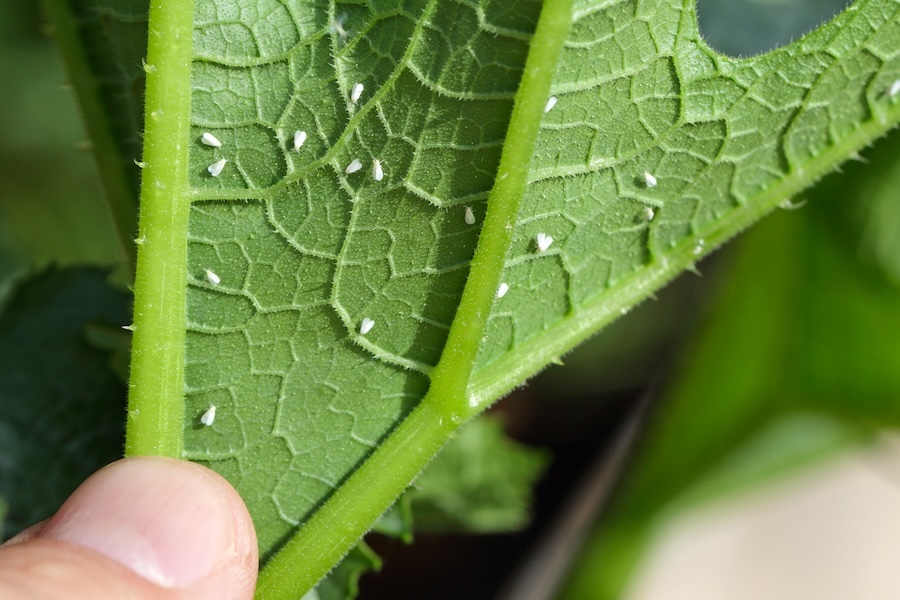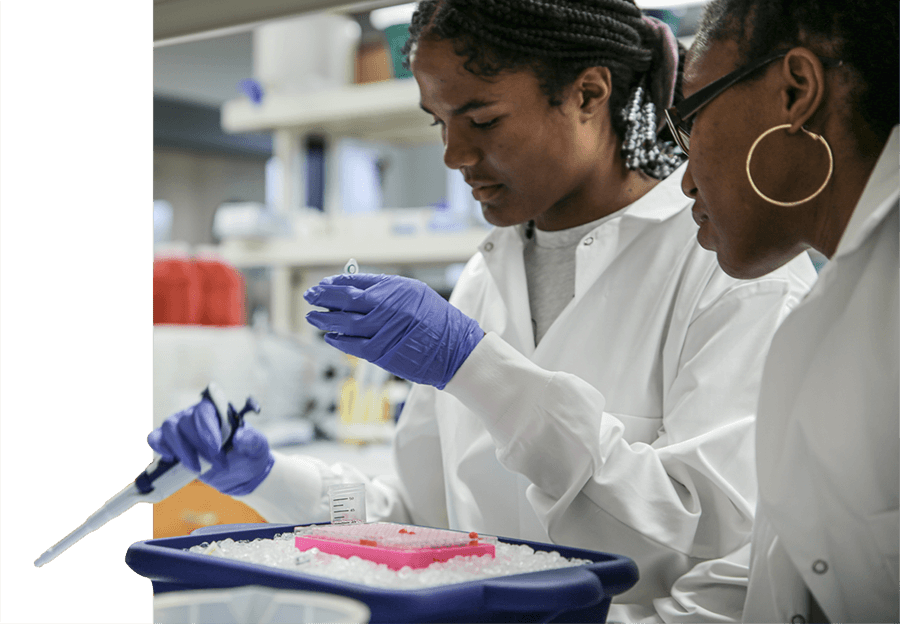Fresh fruit is an important part of a balanced diet, but bringing fruit into the house during the summer months may attract pesky fruit flies.
However, one bad apple — and even the flies it might attract — shouldn’t turn your family off of fruit. There are several ways to prevent and remedy fruit fly problems.
Annoying but not harmful
Adult fruit flies can become a nuisance in any area where food is stored, processed or prepared, and in areas where people dispose of food waste and even animal waste. These yellowish-brown or dark-brown, gnat-like flies don’t pose any health threats to your family, but they can be quite annoying.
They usually emerge in late summer and remain active until the first killing frost.
Adult flies, which are tiny at only one-eighth to one-fifth of an inch long, feed and deposit eggs on overripe, fermenting canned and cooked fruit, decaying vegetables, pomace from cider presses and fungi.
Keep trash cans covered
To prevent and control the pests, families should dispose of overripe fruits and vegetables. Fruit peelings, vegetables, mops with food particles, uncovered trashcans and wastewater can all attract the flies.
To avoid fruit fly infestations, you should buy fruits and vegetables in sound condition and be sure to store them properly. If an infestation does occur, you should find the breeding material and dispose of it.
In addition to food, the flies also look for water and will thrive in sink drains. They like to eat the residue on the side of the drainpipe. You should keep the drain covered to prevent the pest from getting to the water in the P-trap. Pouring chlorine bleach down the drain does not help, but using a brush to remove the residue should do the trick.
Adult fruit flies can be easily controlled with dichlorvos resin strips and household aerosol sprays that contain pyrethrins or synthetic pyrethrins. Follow insecticide label instructions when using insecticides, and take care when spraying insecticides near food and kitchen utensils.




.png)


